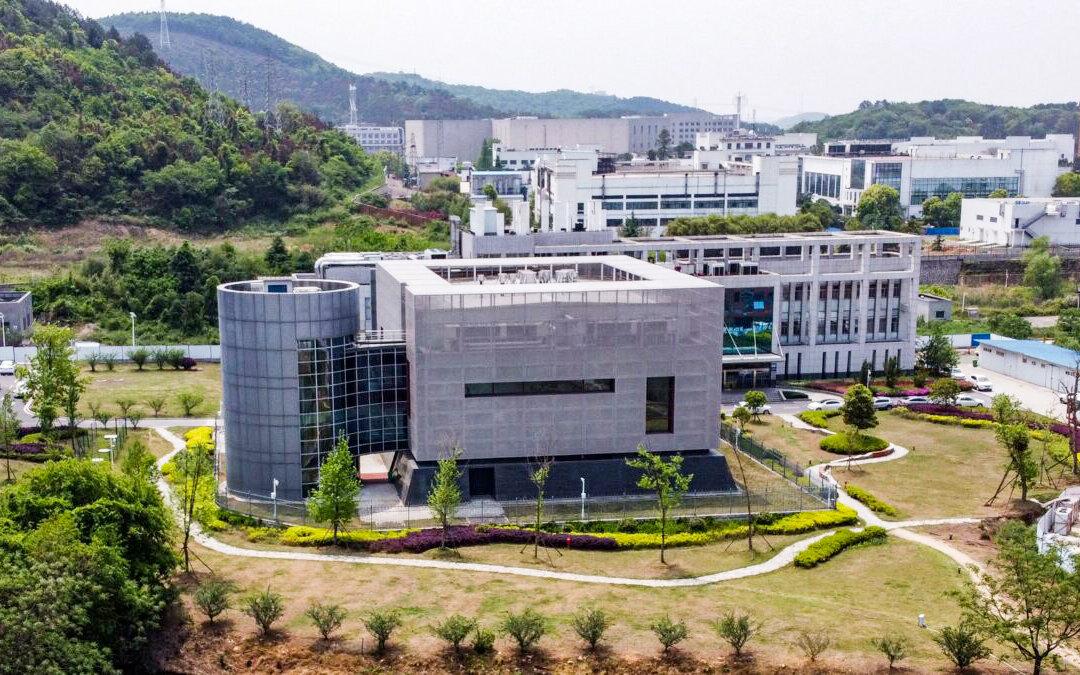The Wuhan Institute of Virology (WIV) in China has the right to make a partnering U.S. lab wipe all data arising from their collaborative work, a legal document reveals.
A memorandum of understanding (MOU) signed between the Wuhan lab and the Galveston National Laboratory at the University of Texas Medical Branch makes it obligatory for each of the two labs to delete “secret files” or materials upon the request of the other party.





